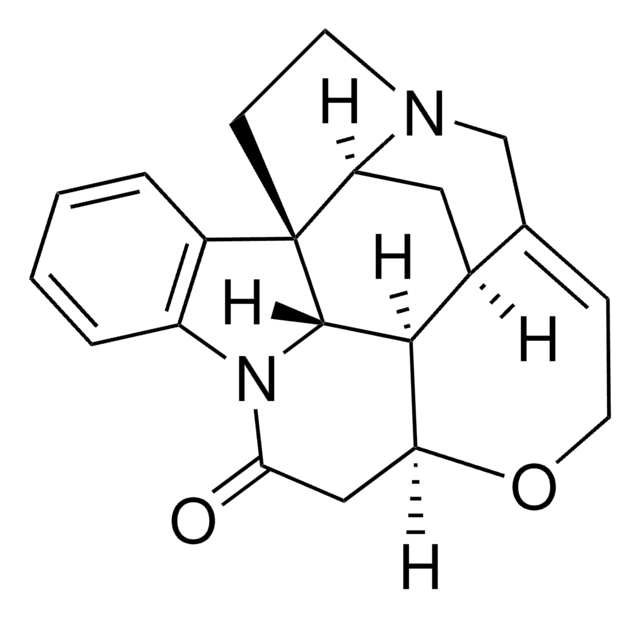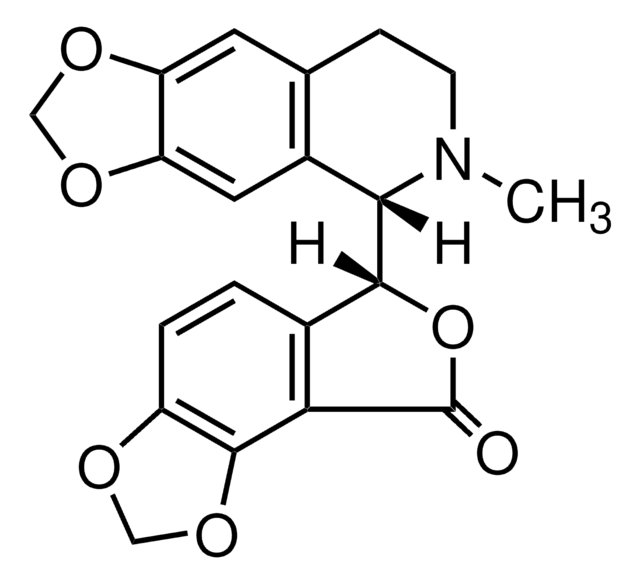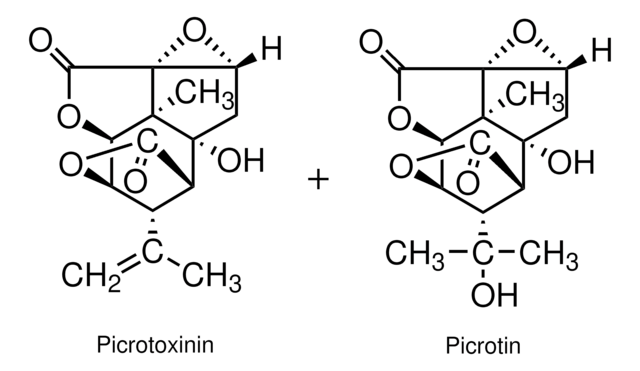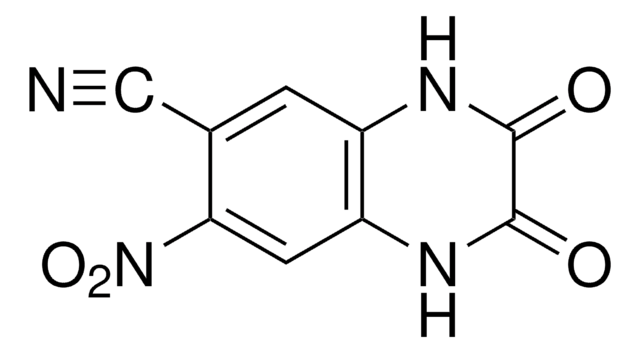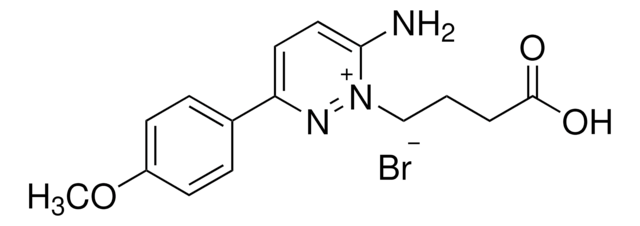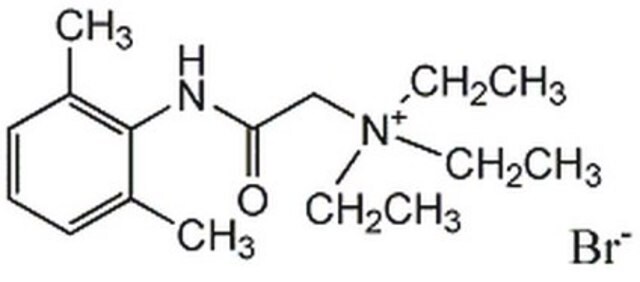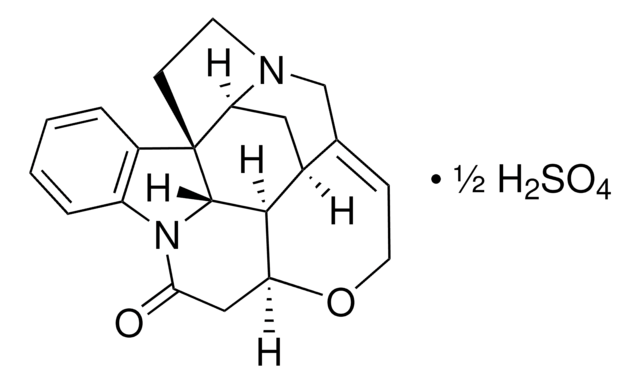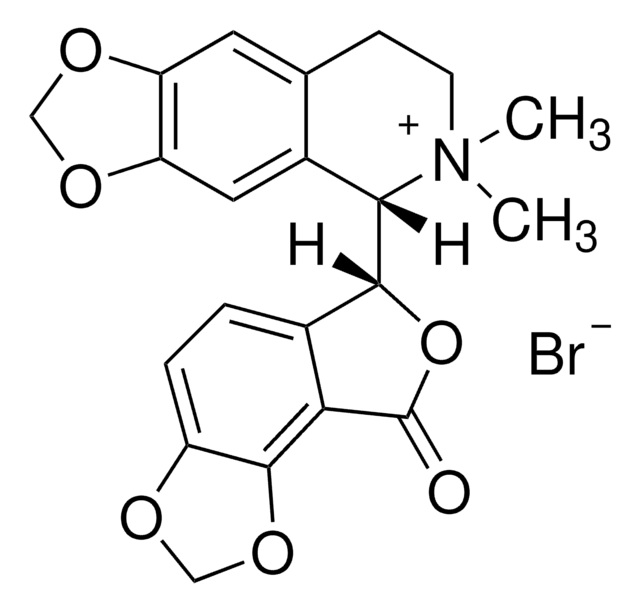About This Item
Recommended Products
SMILES string
Cl.[H][C@@]12CC(=O)N3c4ccccc4[C@]56CCN7CC(=CCO1)[C@]([H])(C[C@@]57[H])[C@]2([H])[C@]36[H]
InChI
1S/C21H22N2O2.ClH/c24-18-10-16-19-13-9-17-21(6-7-22(17)11-12(13)5-8-25-16)14-3-1-2-4-15(14)23(18)20(19)21;/h1-5,13,16-17,19-20H,6-11H2;1H/t13-,16-,17-,19-,20-,21+;/m0./s1
InChI key
VLXYTKMPCOQKEM-ZEYGOCRCSA-N
Looking for similar products? Visit Product Comparison Guide
Application
Biochem/physiol Actions
signalword
Danger
hcodes
Hazard Classifications
Acute Tox. 2 Inhalation - Acute Tox. 2 Oral - Aquatic Acute 1 - Aquatic Chronic 1
Storage Class
6.1A - Combustible acute toxic Cat. 1 and 2 / very toxic hazardous materials
wgk_germany
WGK 3
flash_point_f
Not applicable
flash_point_c
Not applicable
ppe
Eyeshields, Faceshields, Gloves, type P3 (EN 143) respirator cartridges
Certificates of Analysis (COA)
Search for Certificates of Analysis (COA) by entering the products Lot/Batch Number. Lot and Batch Numbers can be found on a product’s label following the words ‘Lot’ or ‘Batch’.
Already Own This Product?
Find documentation for the products that you have recently purchased in the Document Library.
Our team of scientists has experience in all areas of research including Life Science, Material Science, Chemical Synthesis, Chromatography, Analytical and many others.
Contact Technical Service